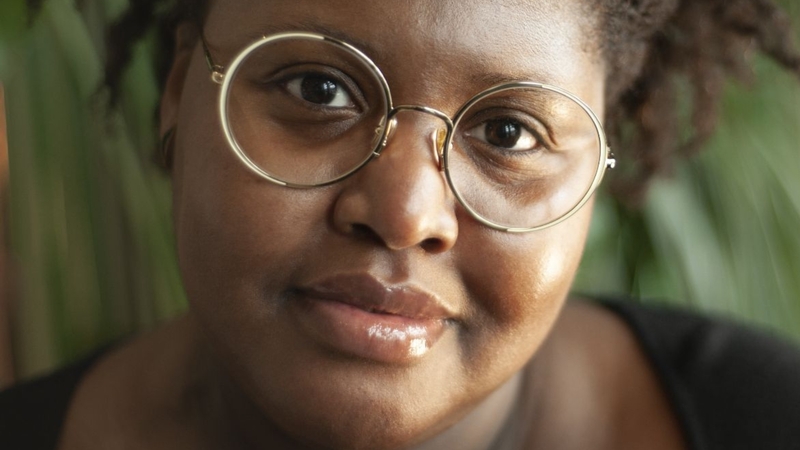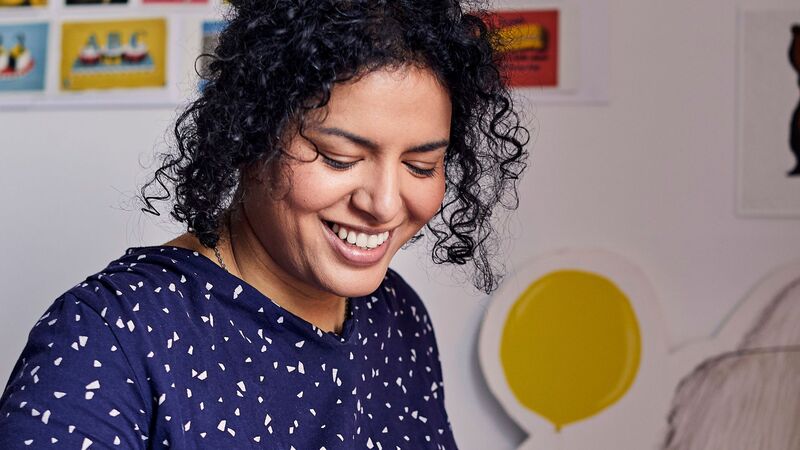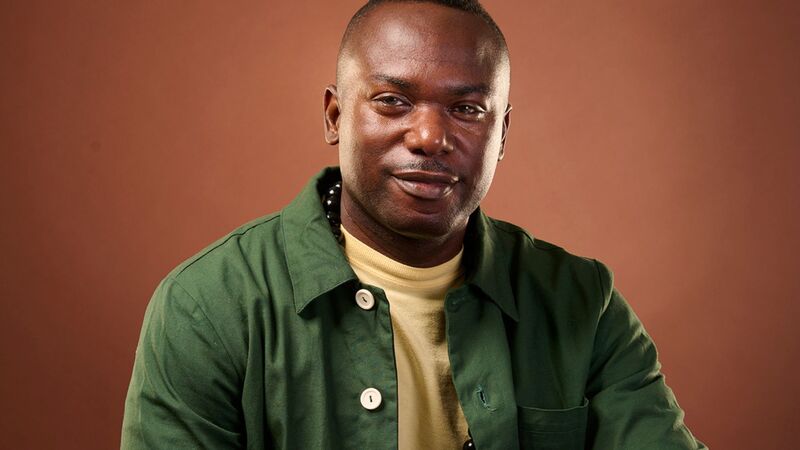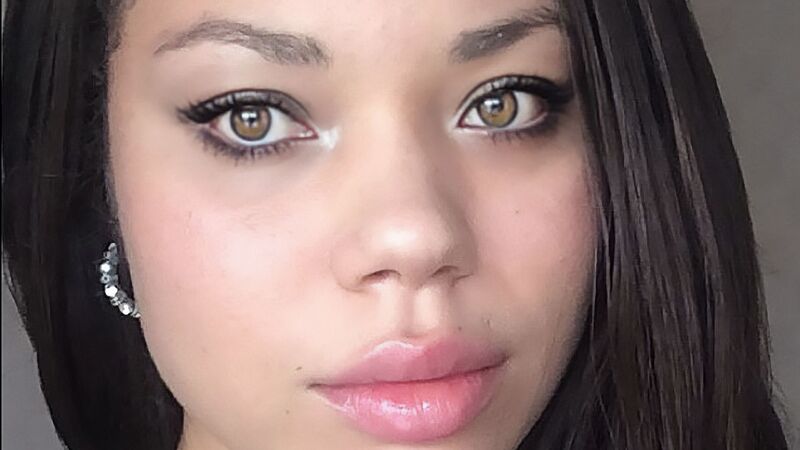You are viewing your 1 free article this month. Login to read more articles.
Singh slams 'pathetic' British publishers for lack of submissions to BAME prize
Sunny Singh, author and chair of judges for the Jhalak Prize, has called the efforts of British publishers "pathetic" due to the "shockingly low" submissions to the prize created to celebrate British BAME writers.
The £1,000 prize was launched in February to "celebrate the achievements of British writers of colour" after the findings of the Writing the Future report and the backlash following last year’s all-white World Book Night list. It has only received 51 submissions so far.
The prize is open to all genres, including fiction, non-fiction, short story, graphic novels, poetry, children’s books and YA, and self-published writers. Despite this broad criteria, the amount of submissions has been "shockingly low", Singh said.
Speaking at the Building Inclusivity in Publishing conference held by the Publishers Association and London Book Fair last week, Singh said: “We made the prize as possibly inclusive as we could. I think particularly because of that I find submissions shockingly low. The bulk are from small presses. Big publishers have sent in fewer but have also done something quite intriguing - and sent in the biggest writers. I don’t think Zadie Smith needs the exposure.”
She added: “Big publishers are letting indies do heavy lifting. They pass off the hard work and once there is a hit they poach. Where we stand today - inclusivity is no longer a political stance or ideological agenda, it’s a moral issue. If we can’t hear stories of each others, we cannot be fully human. That means everyone needs to do the heavy lifting. You can’t just leave it to the small presses…”
Singh added that the money for the prize – which was donated by an anonymous benefactor – came not from publishing or from the Arts Council, or “what we think of as traditionally ‘progressive’ areas” - it “came from banking”, Singh said.
“What we forget is that the city is probably more diverse [than publishing],” she added.
Speaking to the Guardian, Singh added that the lack of debut and up-and-coming BAME authors was “pathetic, truly pathetic”.
Nikesh Shukla, co-founder of the prize, told The Bookseller: "It's been interesting, and quite alarming, watching the lack of submissions from mainstream publishers come in for this prize. Imprints/editors without a single book to submit should perhaps take a look at themselves and ask why. The work is being doing by a lot of writers, organisations and people with good-will. We always hit a stumbling block, though, and it seems to be with mainstream publishers. This needs to change. Because the amount of times I've been told that my feelings about the lack of opportunities for BAME writers weren't as important as facts and stats, well, here are some facts: we've had just over 50 submissions for the prize, and the majority from self-published authors and independent publishers. How's that for a fact? Now for my feeling? I am angry. And justifiably so."
Danuta Kean, who edited the Writing the Future report, said that the lack of submissions for the Jhalak prize reveals that publishers still have much work to do. She added: “It also reflects a failure at some publishers to support their BAME authors by submitting them to the kind of prizes that will put them on the map and help establish their careers”.
The bigger publishers have many more debuts from BAME authors lined up for 2017, though, she added. “I just hope they get the marketing spend [and that] this increase is about real commitment to diversity in the literary world and not just gesture politics,” Kean said.
Singh added: “The authors are out there. It is the fault of the publishers. We know the problem and we know the solution. We just need the publishers to act. This is not a political or sociological issue – this is a moral issue. Publishers need to put their money where their mouths are.”


















